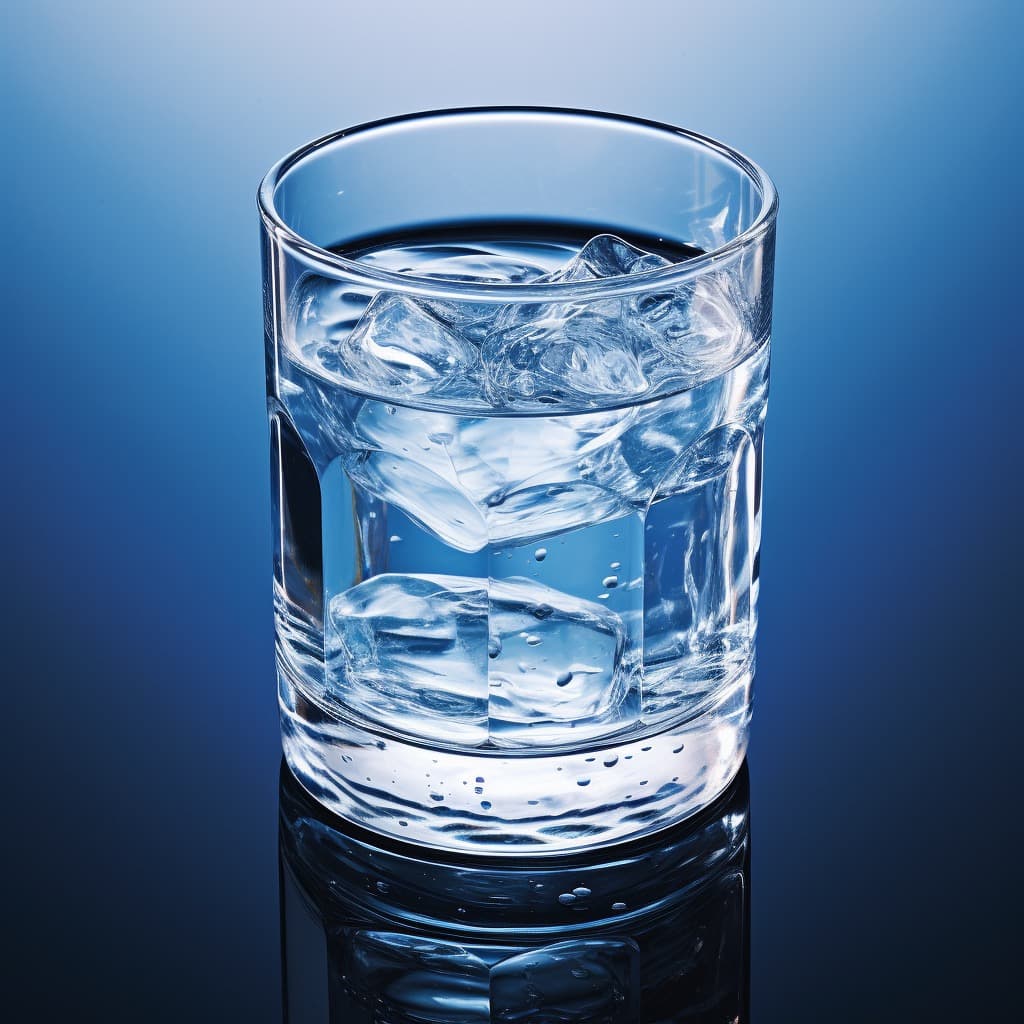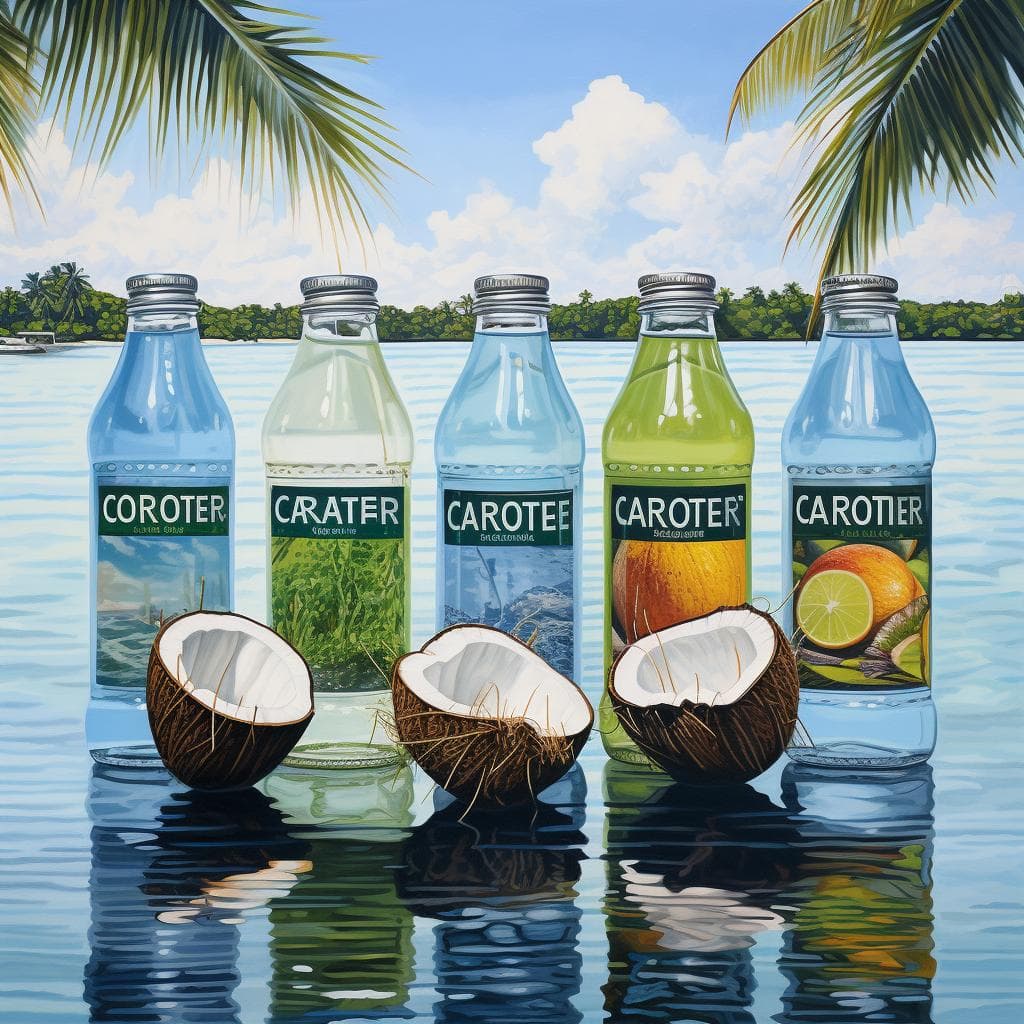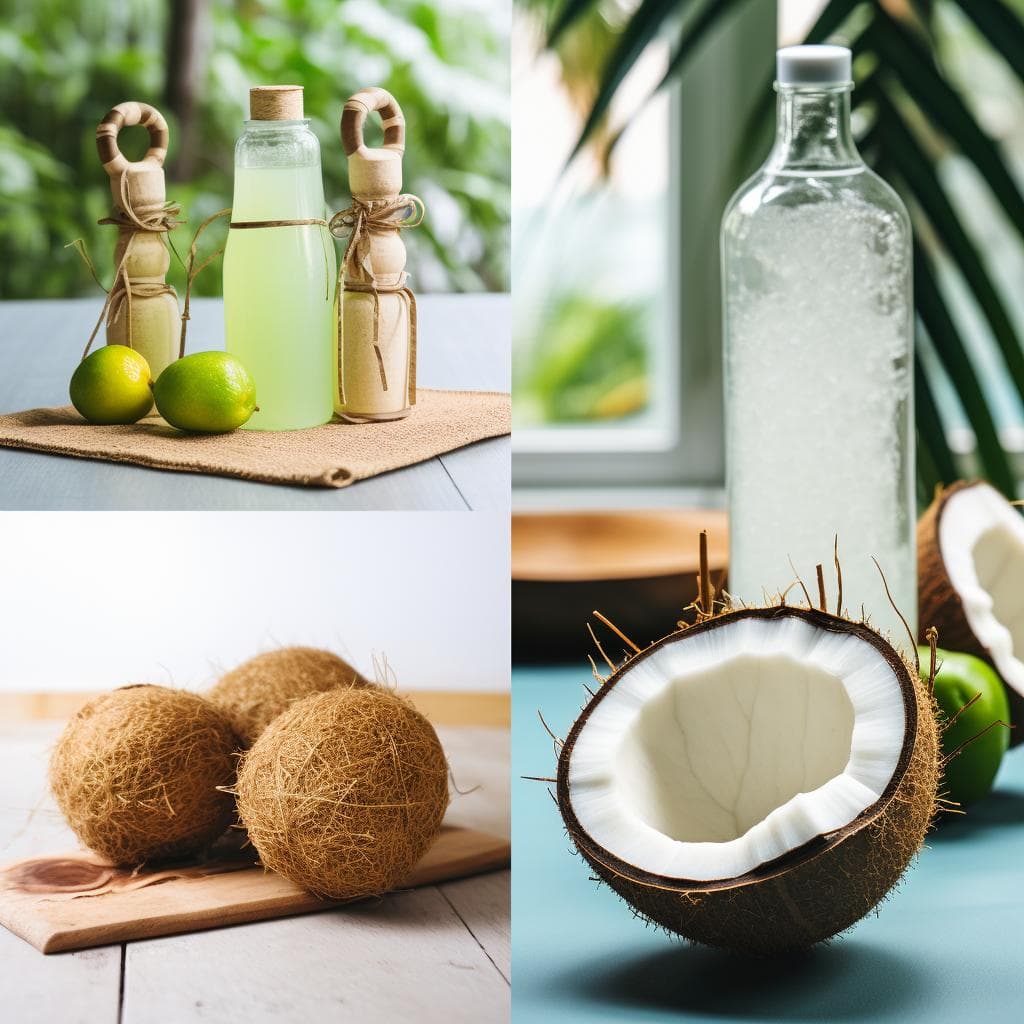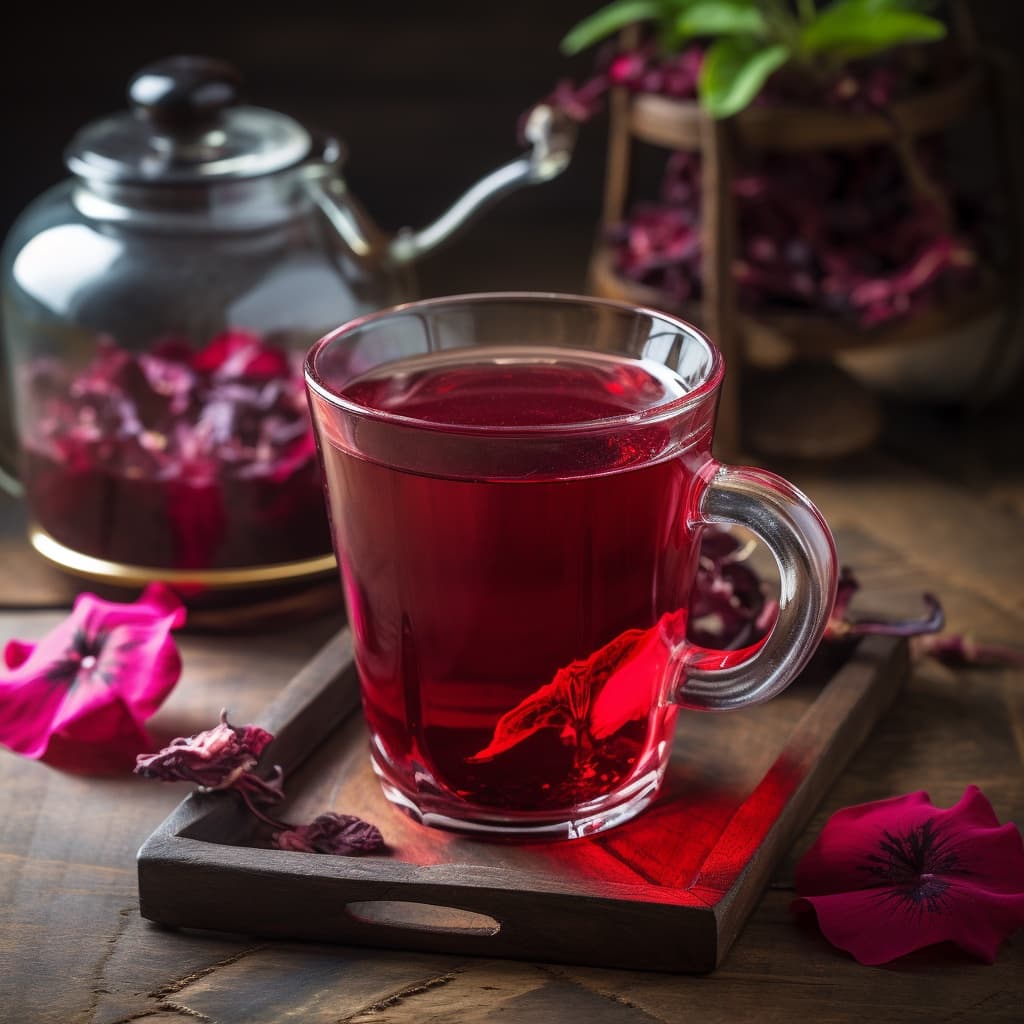Water is the essence of life. It sustains us, refreshes us, and keeps us alive. Yet, in the hustle and bustle of our daily lives, we often overlook the importance of staying hydrated. Our bodies are composed mostly of water, and it is crucial to maintain proper hydration for optimal health and well-being. In this article, we will explore the countless benefits of drinking water and understand why it should be a top priority in our lives.
The Significance of Hydration
The Role of Water in the Body's Functions
Water plays a fundamental role in our bodies' functions. It is involved in nearly every process, from regulating body temperature to aiding digestion and nutrient absorption. Water serves as a vital component of our blood, carrying oxygen and nutrients to cells and eliminating waste products. Without adequate hydration, our bodies can experience a range of negative effects, impacting both our physical and mental well-being.
The Dangers of Dehydration
Dehydration occurs when the body loses more water than it takes in. Even mild dehydration can lead to symptoms such as fatigue, dizziness, dry mouth, and decreased cognitive function. Prolonged dehydration can have more severe consequences, including organ damage, urinary tract infections, and even heatstroke in extreme cases. It is essential to recognize the signs of dehydration and take proactive steps to prevent it.
Electrolytes: Balancing the Body's Fluids
Electrolytes are minerals that carry an electric charge when dissolved in water. They play a crucial role in balancing the body's fluids, regulating nerve and muscle function, and maintaining proper pH levels. Common electrolytes include sodium, potassium, magnesium, and calcium. When we sweat or lose fluids due to illness or physical exertion, we also lose electrolytes. Replenishing these electrolytes through adequate hydration is essential for maintaining optimal health and preventing imbalances.
The Benefits of Drinking Water
Hydration for Physical Performance
Water is the ultimate performance enhancer. When engaging in physical activities, our bodies lose water through sweat. This loss can lead to decreased blood volume, causing strain on the cardiovascular system and reducing endurance. By staying hydrated, we can optimize our physical performance, prevent muscle cramps, and improve our overall athletic capabilities. Drinking water before, during, and after exercise is crucial for replenishing lost fluids and maintaining peak performance.
Weight Management and Water
If you're looking to shed some extra pounds, water can be your best ally. Drinking water can help you feel fuller and reduce appetite, ultimately leading to lower calorie intake. Additionally, substituting sugary beverages with water can significantly reduce your overall calorie consumption. Water has zero calories and is a healthier alternative to high-calorie, sugar-laden drinks. By staying hydrated and making water your beverage of choice, you can support your weight loss journey.
Brain Function and Cognitive Performance
The brain is highly dependent on adequate hydration for optimal functioning. Even mild dehydration can impair cognitive performance, leading to difficulties in concentration, memory, and decision-making. By drinking enough water, you ensure that your brain receives the hydration it needs to stay sharp and focused. So, the next time you find yourself struggling with mental fog or a lack of focus, try reaching for a glass of water to give your brain the boost it needs.
Digestion and Gut Health
Adequate hydration is vital for maintaining a healthy digestive system. Water helps break down food, aids in the absorption of nutrients, and facilitates smooth digestion. It softens the stool, preventing constipation and promoting regular bowel movements. Drinking water before meals can also help prevent overeating by creating a feeling of fullness. When it comes to digestive health, water is a simple yet powerful tool for maintaining regularity and promoting overall gut well-being.
Detoxification and Kidney Health
The kidneys play a vital role in filtering waste and toxins from the body. Adequate water intake is essential for supporting proper kidney function and preventing the formation of kidney stones. Water helps dilute urine, facilitating the removal of waste products and toxins. By staying hydrated, you promote healthy kidney function and reduce the risk of urinary tract infections and kidney-related complications.
Energy Boost and Fatigue Prevention
Do you often find yourself feeling fatigued and lacking energy? Dehydration could be a contributing factor. Water is essential for maintaining optimal energy levels throughout the day. It helps deliver oxygen and nutrients to cells, revitalizing the body and mind. Instead of reaching for a caffeinated beverage when you're feeling tired, try hydrating with a glass of water for a natural and sustainable energy boost.
Skin Health and Radiance
Healthy, glowing skin starts from within. Proper hydration is key to maintaining skin health and preventing common skin issues such as dryness, dullness, and acne. Water helps flush out toxins from the body, which can contribute to clearer skin. It also promotes elasticity and moisture, reducing the appearance of wrinkles and fine lines. Drinking enough water daily can give your skin a natural, youthful radiance that no beauty product can replicate.
Mood Enhancement and Mental Well-being
Did you know that dehydration can affect your mood and overall mental well-being? Research suggests that even mild dehydration can lead to feelings of fatigue, irritability, and mood swings. By staying hydrated, you support your body's ability to regulate mood and maintain emotional balance. Next time you're feeling a bit off, try reaching for a glass of water to help lift your spirits.
Frequently Asked Questions (FAQs)
How much water should I drink each day?
The amount of water you should drink daily can vary depending on factors such as your activity level, age, and overall health. As a general guideline, it is recommended to drink about eight 8-ounce glasses of water per day, which equals approximately 2 liters or half a gallon. However, it's important to listen to your body's signals and drink when you feel thirsty.
Are there any health conditions that require increased water intake?
Certain health conditions, such as kidney stones or urinary tract infections, may require increased water intake as part of the treatment and prevention plan. Additionally, individuals who engage in intense physical activity or live in hot climates may need to drink more water to compensate for the increased fluid loss through sweat. Consult with your healthcare provider to determine the appropriate water intake for your specific circumstances.
Can I rely on other beverages to stay hydrated?
While water is the best choice for hydration, other beverages can contribute to your overall fluid intake. However, it's important to note that not all beverages are created equal. Sugary drinks, caffeinated beverages, and alcohol can have dehydrating effects on the body. It's best to prioritize water consumption and limit the intake of dehydrating drinks.
Can drinking water help with weight loss?
Drinking water can support weight loss efforts in several ways. Firstly, water has zero calories, making it an excellent choice for quenching your thirst without adding to your daily caloric intake. Additionally, drinking water before meals can help reduce appetite, leading to lower calorie consumption. Staying hydrated can also enhance metabolism and promote fat burning. However, it's important to remember that water alone is not a magic weight loss solution. It should be part of a balanced and healthy lifestyle.
Can drinking more water improve my skin?
Yes, proper hydration is crucial for maintaining healthy and radiant skin. Drinking enough water helps to moisturize the skin from within, reducing dryness and promoting a supple complexion. Water also aids in flushing out toxins, which can contribute to clearer skin and a reduction in acne breakouts. For optimal skin health, combine proper hydration with a consistent skincare routine and a balanced diet.
Can I drink too much water?
While it is essential to stay hydrated, it is also possible to drink too much water. Drinking excessive amounts of water can lead to a condition called hyponatremia, where the body's sodium levels become diluted. This can be particularly dangerous during prolonged and intense physical activity. It's important to strike a balance and listen to your body's signals. If you're unsure about your water intake, consult with a healthcare professional.
Conclusion
Water is truly a life-giving force that sustains us in every way. From boosting physical performance and aiding digestion to enhancing brain function and promoting radiant skin, the benefits of staying hydrated through drinking water are abundant. Make it a habit to prioritize your hydration, listen to your body's signals, and drink water regularly throughout the day. Remember, the importance of staying hydrated goes beyond quenching your thirst—it is a vital component of overall health and well-being.




